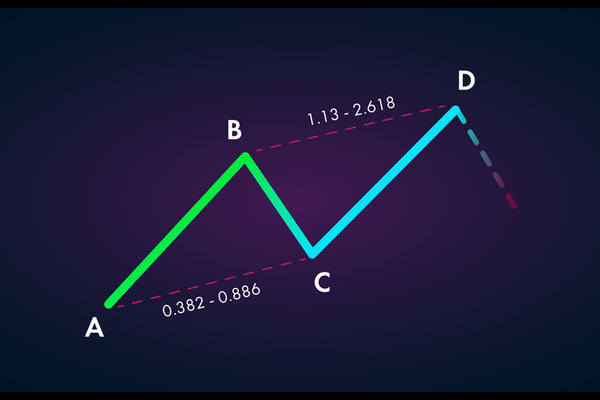As is well known, foreign exchange trading is a high-risk investment
activity. Due to the high risk, investors may receive substantial returns. For
investors, one of the most important skills is learning to avoid foreign
exchange risks, which has led to the trading model of foreign exchange
speculation. So what is foreign exchange speculation?

What is foreign exchange speculation?
When speculators anticipate an increase in the exchange rate of a certain
currency, they buy the currency's forward in the foreign exchange market. If the
currency's exchange rate rises at maturity, speculators can sell the currency's
spot exchange at the rising exchange rate to deliver the forward, thus gaining
speculative profits. This type of speculative trading in which money is bought
before it is sold is called "long" or "short".
When speculators anticipate a decline in the exchange rate of a certain
currency, they sell the forward of that currency in the foreign exchange market.
If the exchange rate of that currency does indeed decline, speculators can buy
spot exchange at the declining exchange rate to deliver and earn speculative
profits. This type of speculative trading that sells first and then buys is
called "short selling"
In the forward exchange market and the foreign exchange futures market,
foreign exchange speculation has some formal differences, but the principle is
the same.
The difference and connection between speculation and investment
Speculation and investment are two different investment behaviors with
obvious differences and connections between them.
Firstly, the difference between speculation and investment lies in their
investment purpose and investment period. Investment refers to the investment
behavior carried out in order to obtain stable returns in the long term, usually
by selecting assets with potential appreciation space for investment after
thorough analysis and research. Speculation, on the other hand, is an investment
behavior conducted in order to obtain high profits in the short term. It is
usually achieved by buying and selling assets to obtain a profit differential in
situations of high market volatility.
Secondly, the difference between speculation and investment lies in the
magnitude of their risks and returns. Investment is usually a relatively stable
investment behavior, with relatively small risks but relatively low returns.
Speculation is a high-risk, high-return investment behavior with relatively high
risks but also relatively high returns.
In addition, there is also a certain connection between speculation and
investment. Speculators usually also need to conduct certain analyses and
research in order to make correct investment decisions. Investors can also
engage in short-term speculative behavior in situations of high market
volatility to obtain higher returns.
Investment and speculation are both means of using principal to obtain
returns through certain channels. As for the difference between the two, I think
one sentence can be relatively clear: investment is valuable speculation. From
this sentence, it is not difficult to see that the difference between investment
and speculation mainly lies in the persistence of value.
Investment and speculation both focus on value. It cannot be simply said that
investment focuses on value while speculation does not. On the contrary,
speculation, as an efficient investment behavior, pays more attention to the
effectiveness and explosiveness of value.
For example, if you choose a category in the stock market and want to engage
in short-term trading, you will pay more attention to whether this category can
resonate with market trends during the holding cycle. That is to say, in a short
period of time, can its value be fully recognized and released? Although your
short-term trading is fast in and fast out, you have actually considered and
evaluated its value rather than blindly choosing.
Investing more is an expectation of the growth value of this category.
Although the value of this category has not been fully demonstrated and
released, and even the market recognition is not high, I have strong
expectations for its value, vision, and growth, and I am willing to wait and
stick to this expectation.







